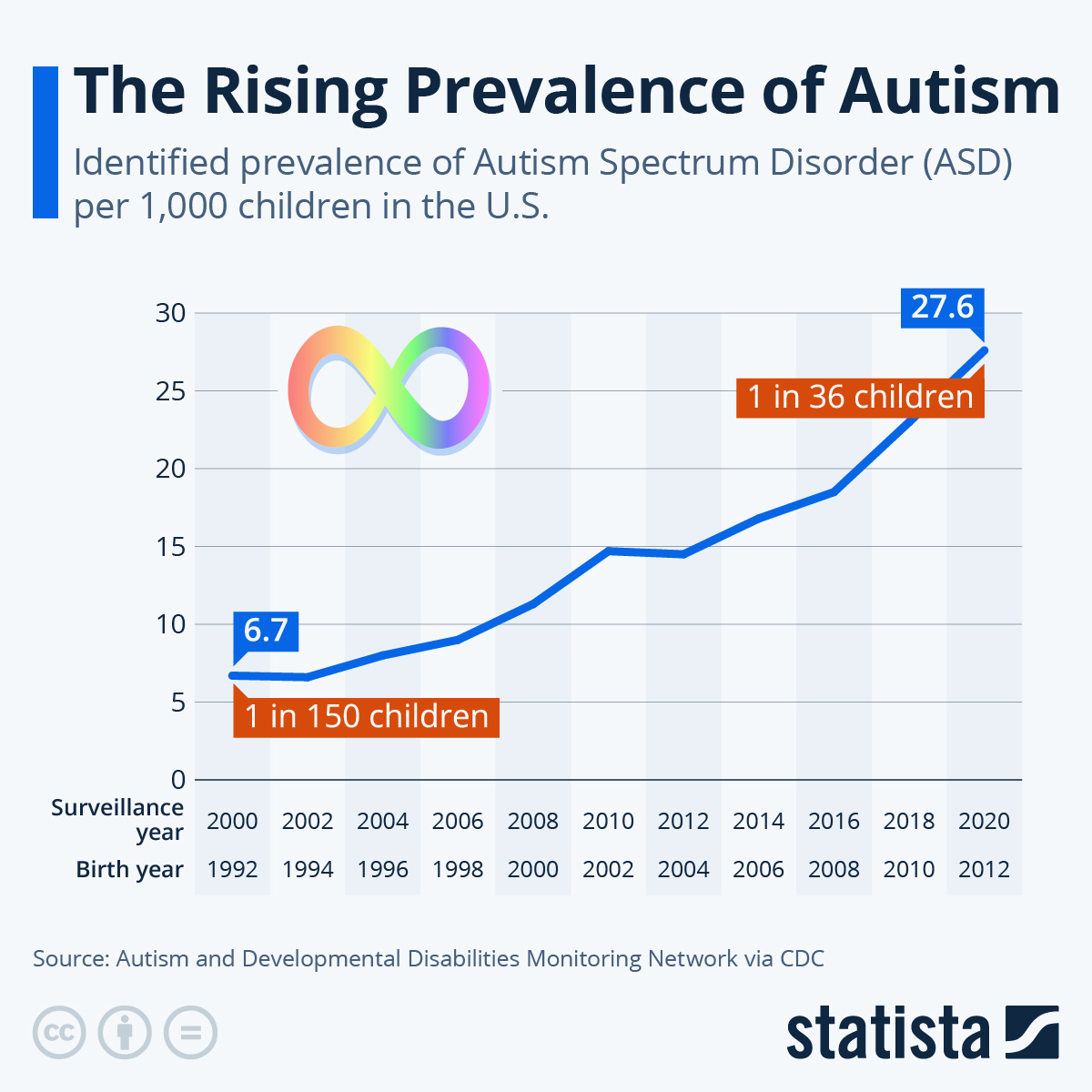Trump Boosts Autism Conspiracies After Insisting Rise of Disorder Must Be 'Artificially Induced': 'Has to Be Something on the Outside'
President Donald Trump suggested Thursday that the rise in autism rates in the United States may be caused by artificial or external factors, reigniting fears among medical professionals that the White House is lending credence to widely debunked conspiracy theories.
"It was 1 in 10,000, now it's 1 in 31. I think that's just a terrible thing," Trump said while hosting the White House's Make American Healthy Again (MAHA) commission. "It has to be something on the outside. It has to be artificially induced, it has to be."
A recent CDC report found that autism prevalence in the US has increased from 1 in 36 children to 1 in 31.
It's unclear what study Trump meant to reference with the "1 in 10,000" statistic. The CDC does not cite autism prevalence prior to the year 2000 — when autism presented in "1 in 150" children — due to changes in diagnostics.
Researchers note that the rise in autism prevalence is partially due to changes in diagnostic criteria and advances in screening methods.
 You will find more infographics at Statista
You will find more infographics at Statista The comments come alongside the release of a controversial report authored under the supervision of Health and Human Services Secretary Robert F. Kennedy Jr. The 69-page document urges further scrutiny of childhood vaccines, food additives, and pesticides — without providing scientific evidence connecting them to diseases like autism, ADHD, or obesity.
While Trump did not specifically address vaccines, Kennedy's long history of vaccine skepticism has often tied immunizations to autism, despite such claims being repeatedly debunked by scientific studies.
The report also includes multiple comparisons to European dietary standards and criticizes the American food supply for being overly reliant on artificial dyes and additives, which Trump echoed, referencing the recent US initiative encouraging food companies to begin phasing out eight common food dyes.
Originally published on Latin Times



























